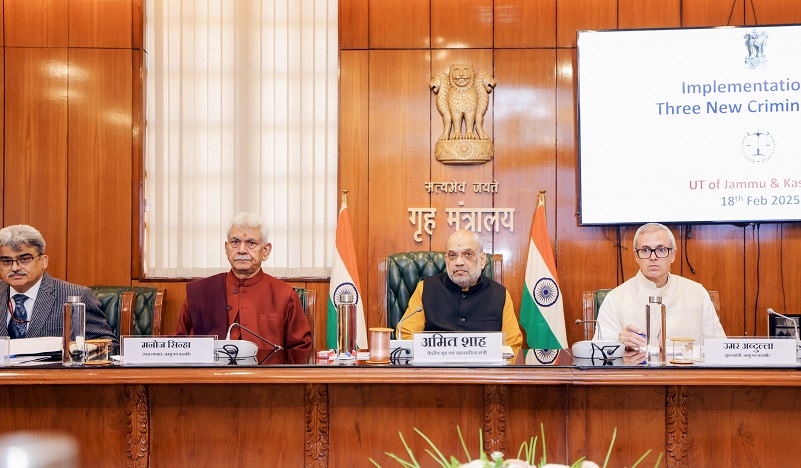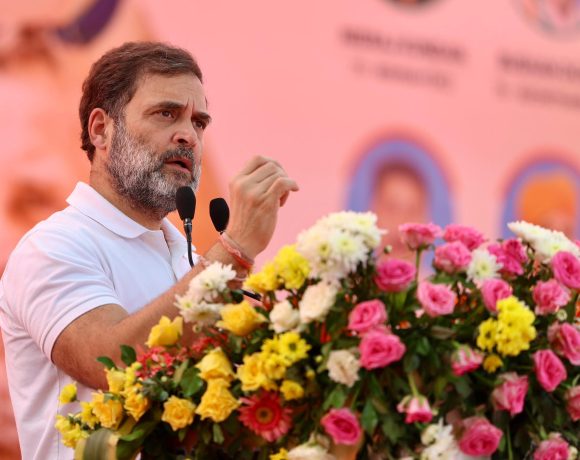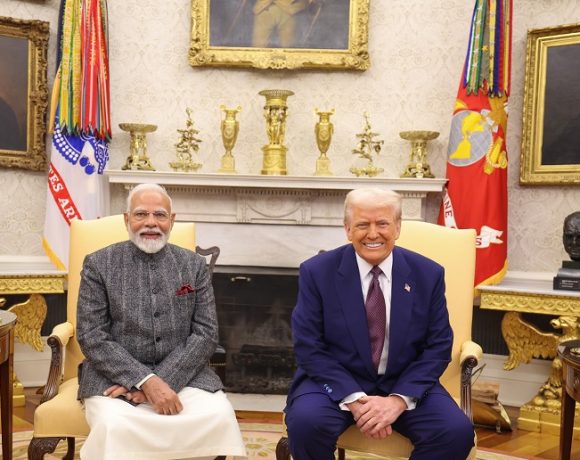
Amit Shah Defends Removal Bill, Cites 2010 Arrest
Union Home Minister Amit Shah has defended the government’s proposed constitutional amendment that seeks to automatically remove the Prime Minister, Chief Ministers, or other ministers if they remain in custody for 30 consecutive days in cases where charges involve a minimum punishment of five years. The bill, tabled in the Lok Sabha, is part of the Constitution (130th Amendment) Bill along with related legislations concerning union territories and Jammu & Kashmir.
Aim of the Amendment
Shah said the measure is designed to curb the criminalisation of politics and bring greater accountability to public office. He explained that the reform would align elected officials with existing rules for civil servants, who are suspended immediately upon arrest.
Shah’s Personal Example
Responding to opposition criticism, Shah invoked his own past, recalling his 2010 arrest in the Sohrabuddin Sheikh encounter case. He said he resigned from his post before being taken into custody and refrained from holding any constitutional position until the courts acquitted him. He framed this as proof of accountability and argued that political leaders must demonstrate the same standard.
Opposition Reactions
Opposition parties strongly opposed the bill, branding it “draconian” and warning it could be abused for political vendetta. Congress leaders pointed out that politically motivated arrests of opposition figures, such as Delhi Chief Minister Arvind Kejriwal earlier this year, could have led to unjust removals under such a law.
Historical References
Shah also drew comparisons with constitutional amendments under Indira Gandhi, which he claimed granted the Prime Minister undue protections. He accused the opposition of double standards, arguing that leaders cannot oppose accountability today while defending excesses of the past.
What Lies Ahead
The bill has been referred for detailed discussion in Parliament. With opposition resistance and possible judicial scrutiny, its passage could become a major political and constitutional flashpoint in the coming weeks.


















